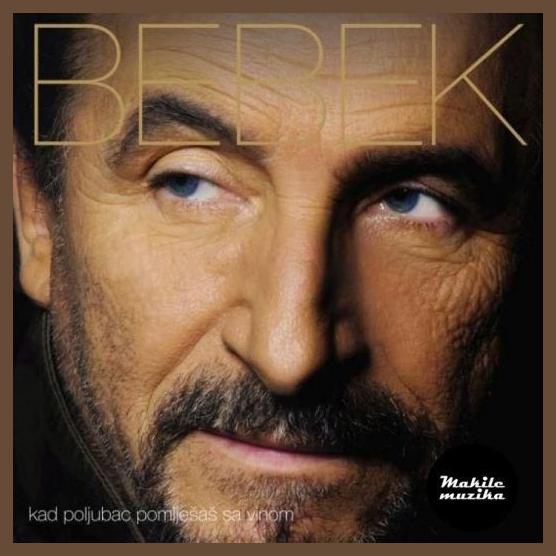 Zeljko Bebek
Zeljko Bebek
Zeljko Bebek: A Musical Icon, His Journey Through Fame and Controversy
Early Life and Influences:
Zeljko Bebek, a Croatian singer-songwriter, was born in 1945 in the picturesque town of Split. From a young age, his passion for music was evident, drawing inspiration from diverse genres such as rock, folk, and traditional Croatian melodies.
Formation of Bijelo Dugme:
In the late 1960s, Bebek joined forces with guitarist Goran Bregovic and drummer Ipe Ivandić to form the legendary rock band Bijelo Dugme. The band quickly gained popularity with their unique blend of rock, traditional Balkan rhythms, and poetic lyrics. Their hit songs, including "Djurdjevdan," "Ima Neka Tajna Veza," and "Kad Bi Bio Bijelo Dugme," became anthems for generations of fans.
Solo Career and Controversies:
After the dissolution of Bijelo Dugme in the early 1980s, Bebek embarked on a successful solo career. His signature song, "Ko Ce Da Mi Sudi," released in 1980, established him as a solo artist of immense popularity. However, his outspoken political views and controversial lyrics often drew criticism and sparked debate.
Discographic Triumphs and Challenges:
Throughout his career, Bebek released a string of critically acclaimed albums. His 1991 album, "Mama," marked a pivotal moment in his music, exploring themes of love, loss, and the complexities of life. Despite his talent, his career was not without challenges. In the early 2000s, he faced legal troubles related to insurance fraud, leading to a brief hiatus from his music.
Legacy and Impact:
Despite the challenges, Zeljko Bebek's legacy as a musical icon remains unyielding. His music continues to inspire and resonate with audiences, both in Croatia and beyond. His songs have been translated into multiple languages and performed by various artists, paying homage to his enduring influence.
Members of Zeljko Bebek:
* Zeljko Bebek - vocals, guitar
* Josip Bocek - guitar
* Branko Knezevic - bass guitar
* Paolo Sfeci - drums
Early Life and Influences:
Zeljko Bebek, a Croatian singer-songwriter, was born in 1945 in the picturesque town of Split. From a young age, his passion for music was evident, drawing inspiration from diverse genres such as rock, folk, and traditional Croatian melodies.
Formation of Bijelo Dugme:
In the late 1960s, Bebek joined forces with guitarist Goran Bregovic and drummer Ipe Ivandić to form the legendary rock band Bijelo Dugme. The band quickly gained popularity with their unique blend of rock, traditional Balkan rhythms, and poetic lyrics. Their hit songs, including "Djurdjevdan," "Ima Neka Tajna Veza," and "Kad Bi Bio Bijelo Dugme," became anthems for generations of fans.
Solo Career and Controversies:
After the dissolution of Bijelo Dugme in the early 1980s, Bebek embarked on a successful solo career. His signature song, "Ko Ce Da Mi Sudi," released in 1980, established him as a solo artist of immense popularity. However, his outspoken political views and controversial lyrics often drew criticism and sparked debate.
Discographic Triumphs and Challenges:
Throughout his career, Bebek released a string of critically acclaimed albums. His 1991 album, "Mama," marked a pivotal moment in his music, exploring themes of love, loss, and the complexities of life. Despite his talent, his career was not without challenges. In the early 2000s, he faced legal troubles related to insurance fraud, leading to a brief hiatus from his music.
Legacy and Impact:
Despite the challenges, Zeljko Bebek's legacy as a musical icon remains unyielding. His music continues to inspire and resonate with audiences, both in Croatia and beyond. His songs have been translated into multiple languages and performed by various artists, paying homage to his enduring influence.
Members of Zeljko Bebek:
* Zeljko Bebek - vocals, guitar
* Josip Bocek - guitar
* Branko Knezevic - bass guitar
* Paolo Sfeci - drums